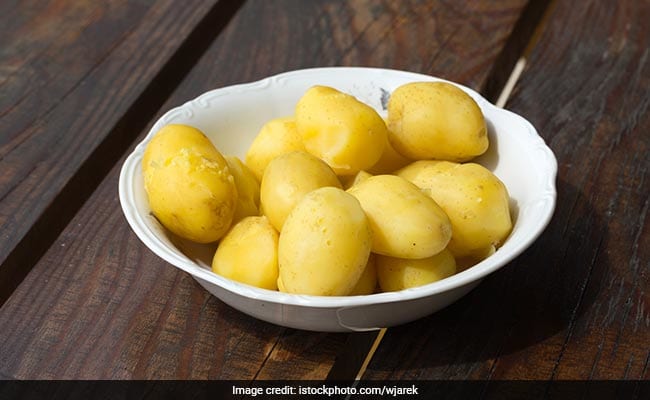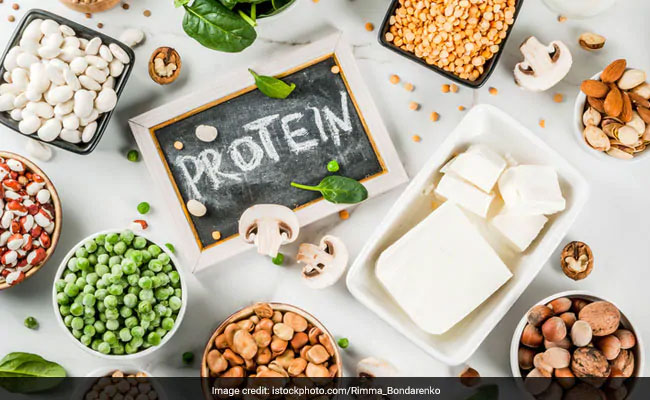
Potatoes may prove to be great plant-based source of proteins.
Protein is an important macronutrient that provides strength to the muscles and energy for day-to-day activities. Besides this, protein also helps us feel sated for a long time after meals, and thus, accelerate weight loss process. We all reach for dairy products and animal-based proteins to get our daily protein fix. It’s true that chicken, milk, eggs etc. are great sources of proteins but potatoes, which are always present in our kitchens, are no less. Yes, potatoes or aloo may provide high-quality proteins that can strengthen and maintain muscle power.
A team of researchers from McMaster University discovered potato, which has always been primarily known as a starchy vegetable, can prove to be a good source of high-quality protein that helps to maintain muscle strength. The findings were published in the journal ‘Nutrients’.
Sara Oikawa, a former graduate student in the Department of Kinesiology at McMaster and lead author of the research paper. “While the amount of protein found in a potato is small, we grow lots of potatoes and the protein, when isolated, it can provide some measurable benefits.”
(Also Read: High Protein Diet: 5 Easy Tips To Make Your Lunch Protein Rich)

Protein helps in weight loss and muscle building
Since, many people are moving away from animal-based proteins and looking for plant-based substitutes, potatoes can be an excellent choice. To prove this, researchers roped in young women in their early twenties who consumed diets containing protein at the recommended dietary allowance (RDA) of 0.8 grams of protein/per kilogram/day. One group of participants consumed additional potato protein, doubling their intake of the RDA to 1.6g/kg/d. Researchers observed that women who consumed the additional potato protein showed increased rate of protein growth in muscles.
“This was an interesting finding that we did not expect,” says Oikawa. “But it is one that shows the recommended daily allowance is inadequate to support maintenance of muscle in these young women. This study provides evidence that the quality of proteins from plants can support muscle,” said Oikawa.


